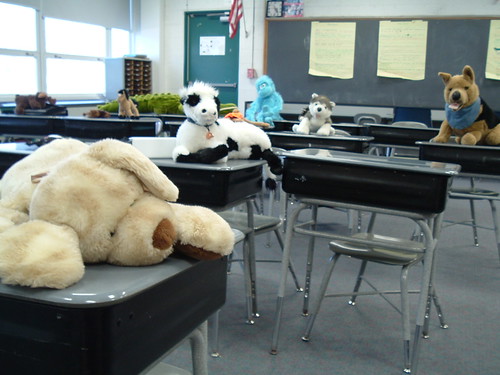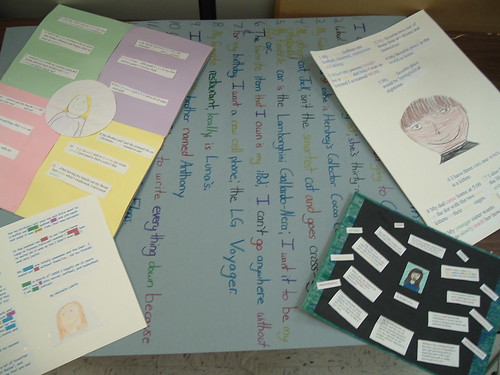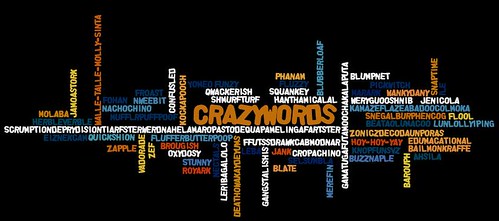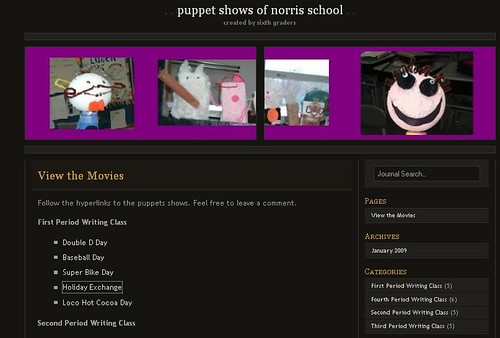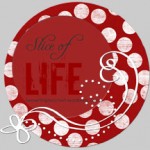 (This is part of the Slice of Life project)
(This is part of the Slice of Life project)
So, we are in the beginning period of our Quidditch season and I expect to write more about it as the weeks move onward here. (Essentially, we have a non-magical version of the game at our school and the four sixth grade classes square off in a full-day, all-school tournament in April before the entire school population — it’s crazy fun). There are many connections to our curriculum (honest) and the art element is huge.
Each team comes up with an original name and symbol. Most year, because my class color is “blue,” our name is something icy: arctic this, frozen that, etc. This year, my kids chose the best name: Riptide, and the story of its genesis comes from a book we read this year — The Lightning Thief — in which the hero is given a magical sword that is harmless to mortals but lethal to magical creatures.
The sword in the book is called Riptide. So, they chose that name to connect our class to a book. It was a name they apparently had agreed upon about three months ago, but never let me know. The naming process is often contentious. Not this year. They all had already agreed.
And for the symbol, of course, they all wanted a sword.
And thus began their encounter with adversity, as our school frowns on weapons and symbols of violence. They appealed in person to our vice principal, who has been open to their arguments and has gone out of her way to listen to them. The class collectively wrote a persuasive letter, arguing that the Riptide sword does not harm people, that the sword is a symbol of their connection to the book, that they would never encourage anyone to harm anyone else. I did not help them with the letter. I only delivered the letter. (I really wanted it to be their own mission)
The vice principal admitted she was not convinced, so a group of boys huddled around the Lightning Thief book one morning this week, marked out passages that showed the sword could not hurt people and read it to her. Still: no go.
So a group of girls went home and did research on swords and came in bearing printed-out evidence that swords have been used for peaceful means in history (for military weddings, etc) and included our the official state Seal of Massachusetts, which features a sword.
But, still, no go, although our vice principal remained very reasoned and open.
I had hoped to use the last part of the day yesterday to help my class deal with the failure to sway our administration, let them know (again) how proud I was of their resourcefulness and get working on an alternative symbol (such as a water-themed picture with a strong current). But my son got sick, I had to leave early from school and now I know they are all going to stew on the matter for the weekend. Oh well.
I’m still proud of them and feel sad that I could not help them process it before the weekend.
Peace (in student initiative),
Kevin
